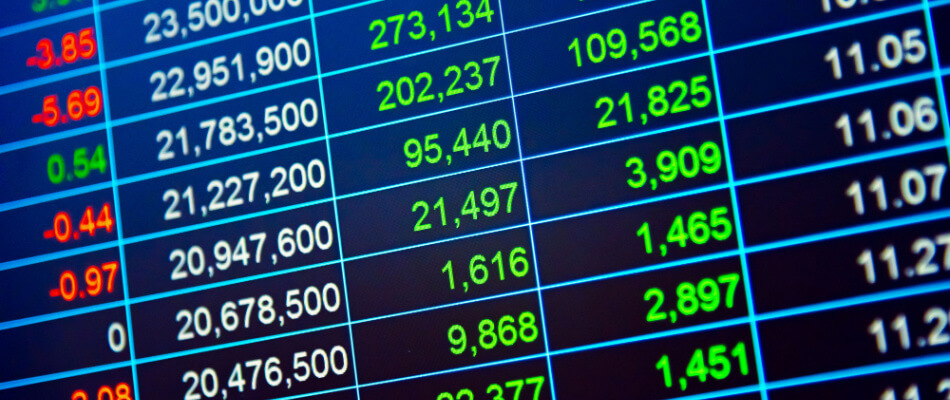What are the best ETFs?
ETFs are absolute robots in the investment world. They don’t think but do what they are told, namely following a stock market index as closely as possible.
This compliance and simplicity is also the strength of the investment form. In addition, another advantage of ETFs is that they are also very cheap and efficient. For many investors, this is the ultimate reason to choose this form of investment. An ETF is a good choice for those who do not want to invest too much and for those who do not want to concern themselves too much with matters such as investment policy or visions of fund managers. Before you decide to choose this investment form, it is important that you know that there are many types. View the different properties and go for the best ETFs on the market.
Follow the index
When the costs depend on the decision to invest, ETFs are a good choice. However, you do not want to pay too much and you want to achieve the highest possible return or responsible goal. In addition, a good ETF is tradable on the global stock exchanges, which gives you many options. As a novice investor, however, it is best to start with well-known Dutch ETFs that are linked to global shares. The cheapest global share ETFs available in the Netherlands are the following providers:
- De iShares Core MSCI World UCITS ETF
- De SPDR MSCI World UCITS ETF
- De Think Global Equity UCITS ETF
- De X-Tracker MSCI World Index UCITS ETF
- The SPDR (What you pronounce as the English word spider)
The costs of these providers differ very little and only deviate from each other by a few hundredths of a percent.
What is relevant to know?
When you invest by means of ETFs, it is important to pay attention to only a few things. For example, it is important which index is followed and which one it can be followed. Study this index and compare different types. The three ETFs on the well-known MSCI World Index are more or less comparable and follow the same index. They also reinvest the dividend, which in turn yields shares.
What are the actual costs?
You can assume that investing in ETFs is generally much cheaper than other forms of investment such as mutual funds . An index with a lot of money involved is generally much cheaper than investing in a special market. That is why most investors choose a well-known and reliable index.
The associated costs are the ‘ongoing costs’, these are the costs that a fund reports. The costs are in the return of the index after a year, minus the paid costs that you have invested as an investor. These final costs may possibly differ due to transaction costs and compensations that may be provided for the lending of certain shares by the providers.

Do costs affect returns?
There are few costs associated with ETFs so that a high return can be made. However, it takes some knowledge and effort to find the perfect index with an ETF that contain exactly the same characteristics. Many traded ETFs with low cost levels do not cause enormous deviations from the reported costs, and it will certainly not have a major impact on the final return.
Over the last 5 years, the annual return of ETFs has fluctuated between -5% and +15%. The ETFs can differ greatly in this respect.
Choosing the best ETF
When you have decided to invest in ETFs, there are many options to choose from. The best ETF depends on many factors and you usually do not choose it based on the low costs alone. Pay attention to the spread, the risks and the ongoing fund costs. Also pay attention to whether the ETFs are dividend leakage-free. There are many different providers, such as large banks, foreign providers or Dutch funds. Well-known providers include ING, Rabobank, Flatex and DEGIRO . Compare the many options and go for an ETF that best suits your preferences.
Compare brokers and start investing in ETFs
Are you excited about investing in ETFs after reading this article? Compare brokers that offer ETFs and find the broker that suits you best!